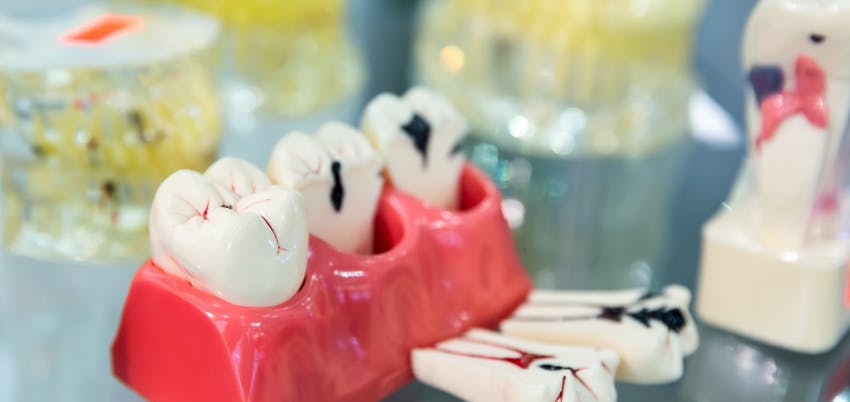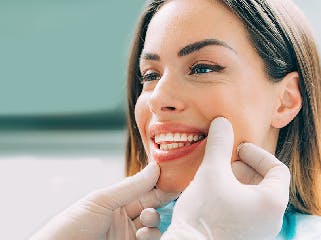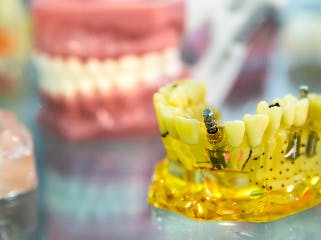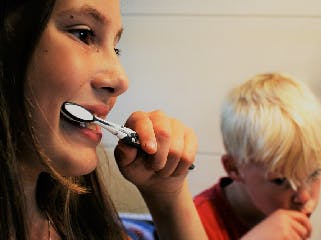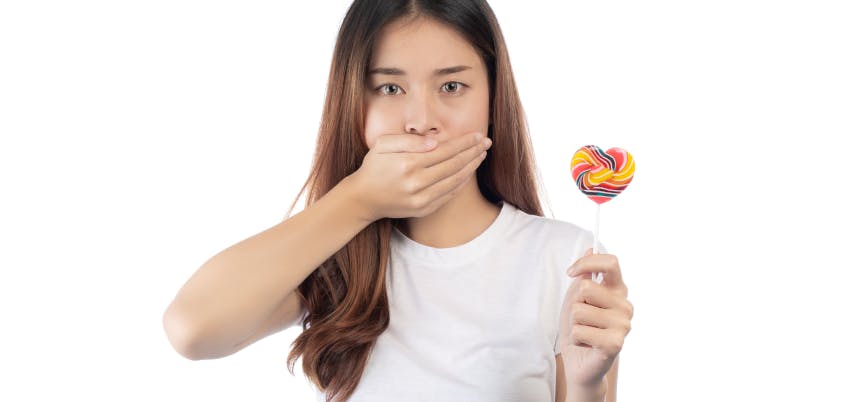
Why do I have bad breath, halitosis
by Wildsmile
There are several causes of bad breath or halitosis. 90% of the problems come from the mouth and the other 10% has to do with bad hygiene habits, illnesses and the food we eat.
It is normal that after ingesting food such as garlic, onion or coffee, our mouth smells bad, since it contains intense oils, which once expelled as air, cause that intense and unpleasant smell. Tobacco and alcohol also contribute significantly to bad breath. In the majority of cases, good dental hygiene, good brushing techniques and regular dental cleanings will solve the problem. Remember to visit your dentist twice a year.
Good brushing to avoid bad breath
Oral hygiene is essential for a healthy mouth and teeth. The correct brushing technique consists of circular movements throughout the teeth and gums, as well as on the inside and outside. The brushing time plays a very important role, it is recommended that it should last no less than 3 minutes. It is also recommended to change your toothbrush every 2 months, since bacteria accumulate in the bristles, which can cause bad breath. Flossing is an excellent ally for prevention, since scraps of food left behind between the teeth create bacteria that cause bad breath. It is recommended to use it in every brushing (3 times a day), but if you don't have time or forget it, use it mainly at night.
Do you brush your tongue?
Did you know the tongue needs to be brushed too? It is the oral organ that holds the most bacteria. This sounds kind of gross, doesn't it? Start by brushing it gently, with movements from the inside out. It's important that you brush the back of your tongue too, because there is where most of the bacteria exist.
Xerostomy (dry mouth)
Dry mouth also causes bad breath. Have you ever wondered why our mouth smell bad when we wake up? This is because at night our salivary glands are not stimulated, therefore, they do not secrete saliva which contains enzymes that kill some of the bacteria that cause bad breath.
Systematic diseases that cause halitosis
Recent studies found that some systemic diseases such as diabetes, sinusitis, tonsillitis and cardiovascular disease contribute to bad breath, as well as the intake of medicines for the treatment of these diseases and others, can cause halitosis, as they dry out our mouth.
So now you know, have a correct hygiene, floss your teeth, brush your tongue, get your teeth cleaned and change your toothbrush every 2 months. With these tips say goodbye to halitosis!
Want to learn more about this?
Contact us
Your contact request is registered. We will contact you as soon as possible.
Lorem ipsum dolor sit amet, consectetur adipisicing elit. Adipisci alias aliquid amet commodi dolor, dolore doloremque dolores fugit quod repellat.
 ENG
ENG


